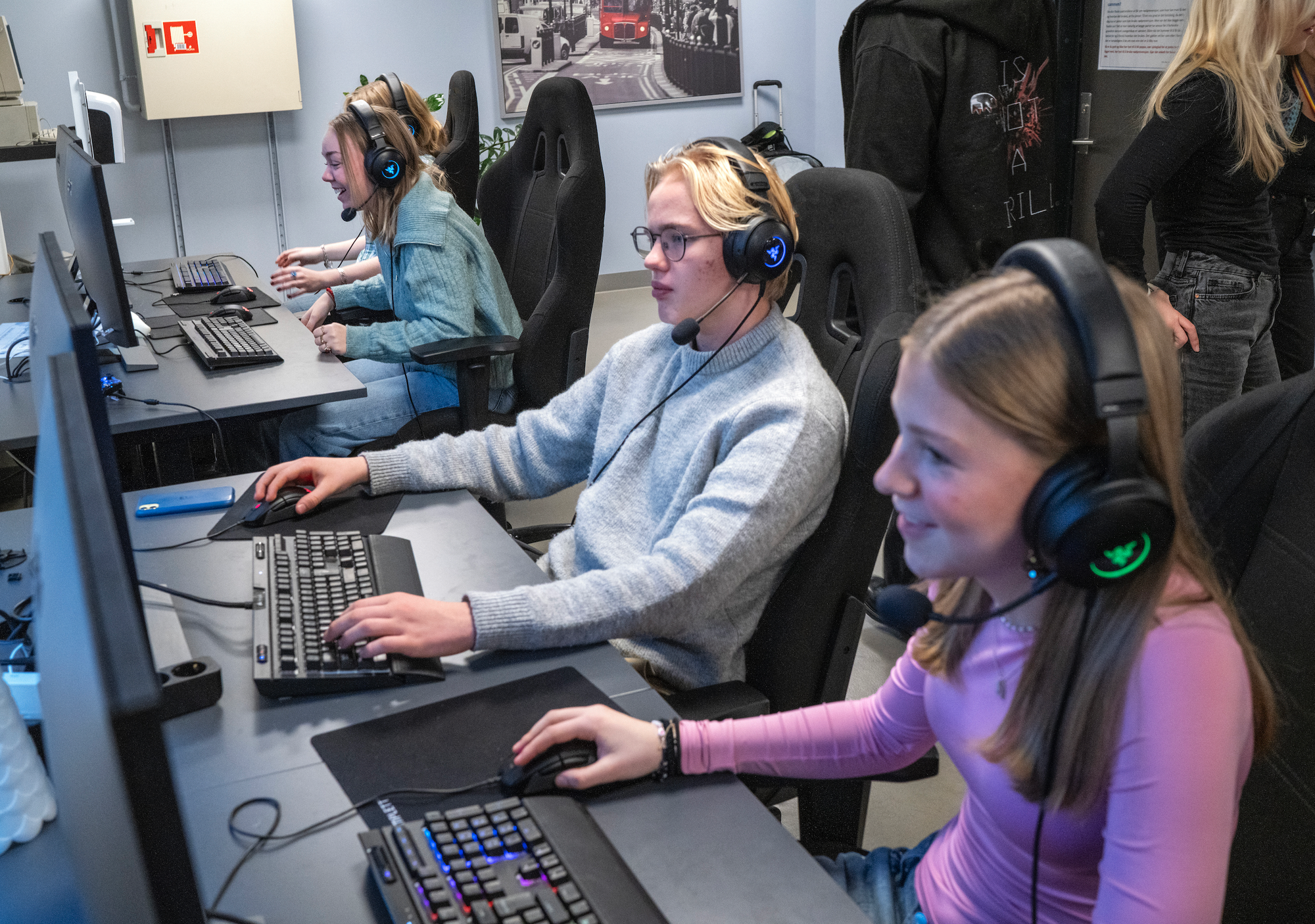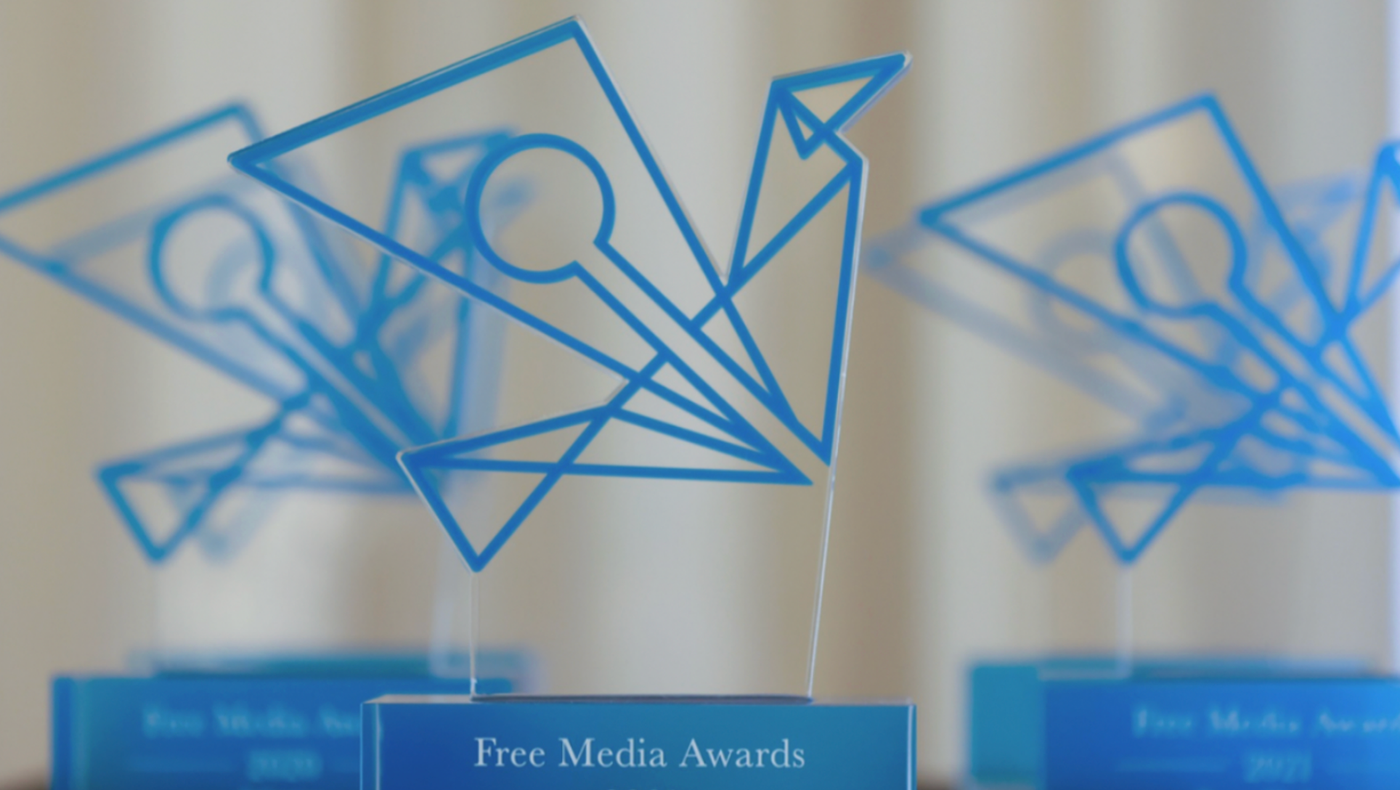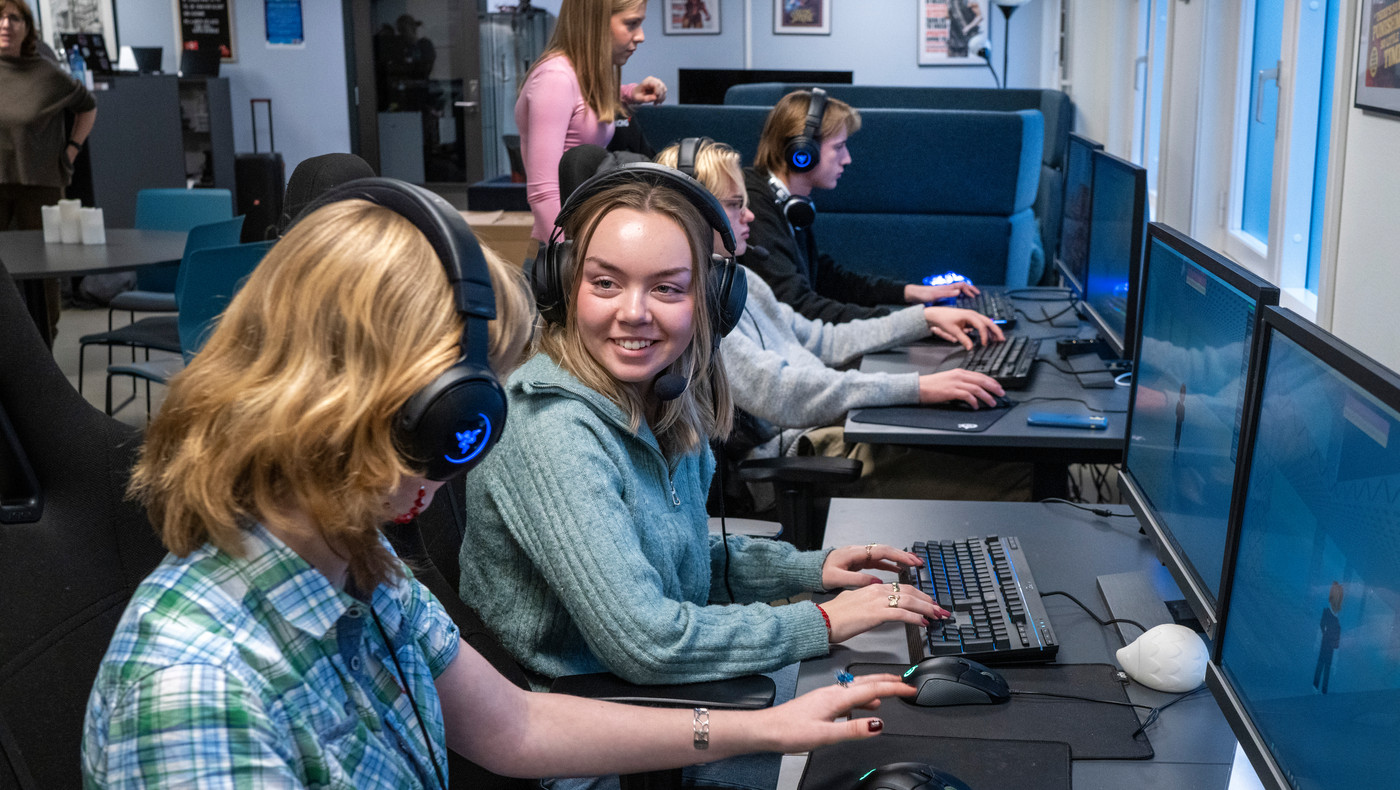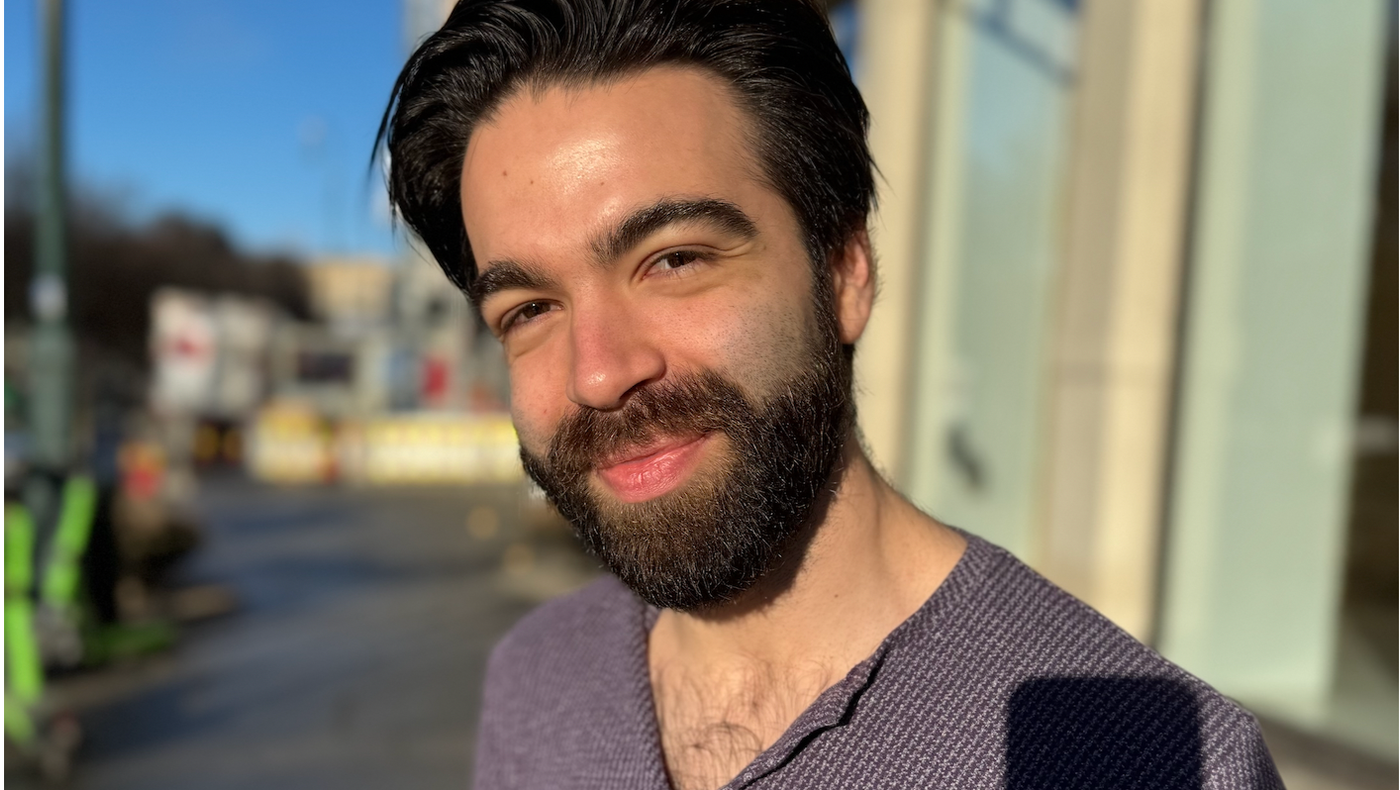Computer games as therapy and consolation. New allocations for journalism in June
The online newspaper Gamer.no has been granted support for a series of portrait interviews with people who have used computer games for therapy and companionship in their lives. Applications involving the positive aspects of computer games reflect a trend emerging in the wake of the documentary film ‘Ibelin’.
The magazine Dagens Perspektiv (Current Perspective) will be making a survey of all Norwegian subsidies, and the online newspaper Framtida.no (Future.no) will explore how working life may look in future. See these and other new grants to Norwegian Journalism in June.
Gamer.no has been granted support for a series of portrait interviews on how gaming culture can be a tool for coping with rough patches in life.
The project is unique, according to the applicants. They are of the opinion that nothing of the like has ever been done before in Norway or abroad.
The idea was inspired by the documentary film ‘Ibelin’. Gamer.no challenged its readers directly about whether they had used gaming as therapy in their lives, and the response was impressive.
“We have never experienced a response like this before. In just a few hours, we had a myriad of lengthy, thoughtful reports from players eager to share their stories”, recounts Mikkjell Lønning, editor-in-chief for hardware at Gamer.no.
Lønning will be carrying out the project along with editor-in-chief Audun Rodem. Rodem is the sole regular employee of Gamer.no. Lønning is a staff journalist for Sandnesposten and freelances for Gamer.no.
“We believe the articles may give many people an entirely new perspective on what computer games mean. The goal has to be to broaden the debate on the role of computer games in society”, observes Rodem.
The project tells about Christer, for example, who used World of Warcraft as consolation when he lost his father when just a young teenager. Rune, who is disabied, talks about the game Cities: Skylines has kept him from climbing the walls, and Cecilie tells how gaming has offered the only arena where she can meet friends because she has a chronic illness. So far, Gamer.no has collected nearly 20 such cases.
“These are stories that deserve to be told”, according to both applicants.

New trend focussing on the positive aspects of computer games
“Computer games are a relatively young medium, and there are still many prejudices against gaming. Historically speaking, there have been many fairly broad debates on the negative aspects of gaming, e.g. how violent games can encourage violent tendencies, but these days, computer games are starting make their way out of dark cellars and into enlightened public spaces”, maintains Lønning.
“As a medium, computer games have a totally different status today than just a few years ago", he added.
Knut Olav Åmås, executive director of Fritt Ord, says that Gamer.no’s application fits into a nascent ‘trend’ among applications for a variety of projects intended to explore the constructive aspects of gaming and computer games.
“We are receiving more applications for writing about computer games at present, and several of them involve all the constructive, positive ramifications of gaming. The film ‘Ibelin’, released last winter, has clearly piqued interest in this”, continues Åmås.
Surveying subsidies available in Norway
The magazine Dagens Perspektiv has received a grant for the project “The support and subsidy society”, a series of some 20 articles intended to survey and explore at the system of Norwegian state schemes for providing support and subsidies in seven fields: culture, media, agriculture, health, development cooperation, business and industry, and climate/energy. In some areas, the subsidies are old and well-established, while in others, e.g. green energy, they are new and still taking shape. The series will examine how the schemes work, and whether they will be viable in a future based on reduced government budgets.”
“However, there is no exhaustive list, and it will be no mean feat to draw one up. There is a jumble of subsidy schemes in certain areas. For instance, there are 122 subsidy schemes designed for volunteer organisations. In 2023, NOK 13 billion was distributed among 276 individual subsidies.”
He expects that discord will arise about the findings, regardless of what they discover. Politicians will defend existing schemes, although not all of them can be described as equally important, and non-Socialist and red-green groups disagree on several of today’s subsidy schemes.
The project will be carried out by editor Knut Petter Rønne, journalist Arne Kongsnes, freelancer Jens-Eirik Larsen and journalist Anita Myklemyr.
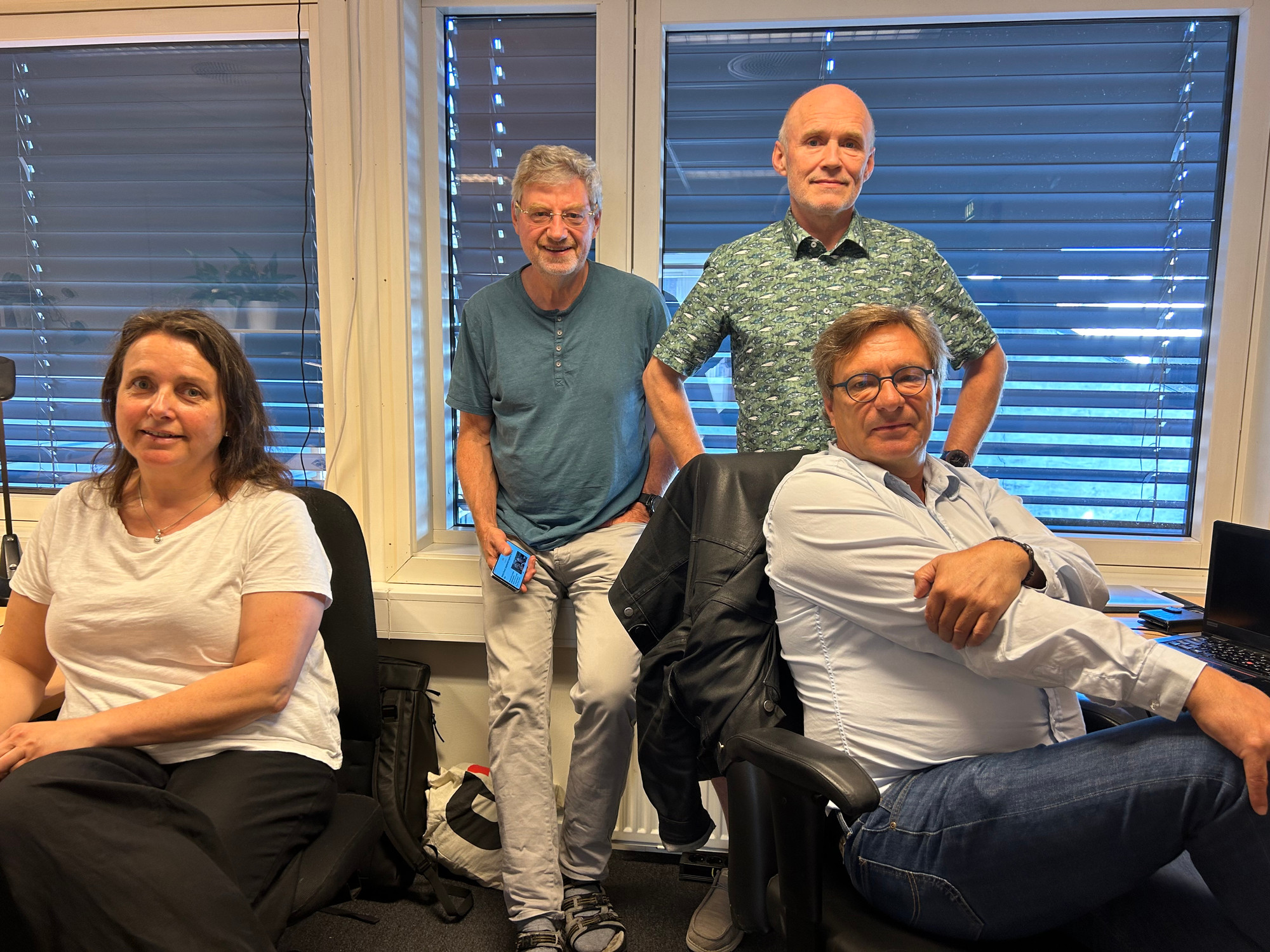
Will jobs disappear in future?
The online newspaper Framtiden.no has received support for a series of articles entitled ’Tomorrow’s working situation’. The newspaper focuses on young people aged 15 to 24, and the series is being written by this year’s summer substitute workers . The series addresses challenges and solutions associated with work for young people: How long should today’s young people expect to work? How can AI change job prospects? Will there be any jobs left after AI? Who will be left on the outside looking in? Will there be a four-day work week?
“The ideas include talking to young politicians about future solutions, and interviewing students in AI internships, and young people who encounter obstacles when trying to start enterprises, as well as those who manage”, points out editor Andrea Rygg Nøttveit. She hopes the summer workers will represent a new, so far untapped perspective on the whole situation.
Among other things, Framtida has “written about AI interns for Ruter” :https://framtida.no/2024/08/05/trenarout-ki-modell-i-sommarjobben.
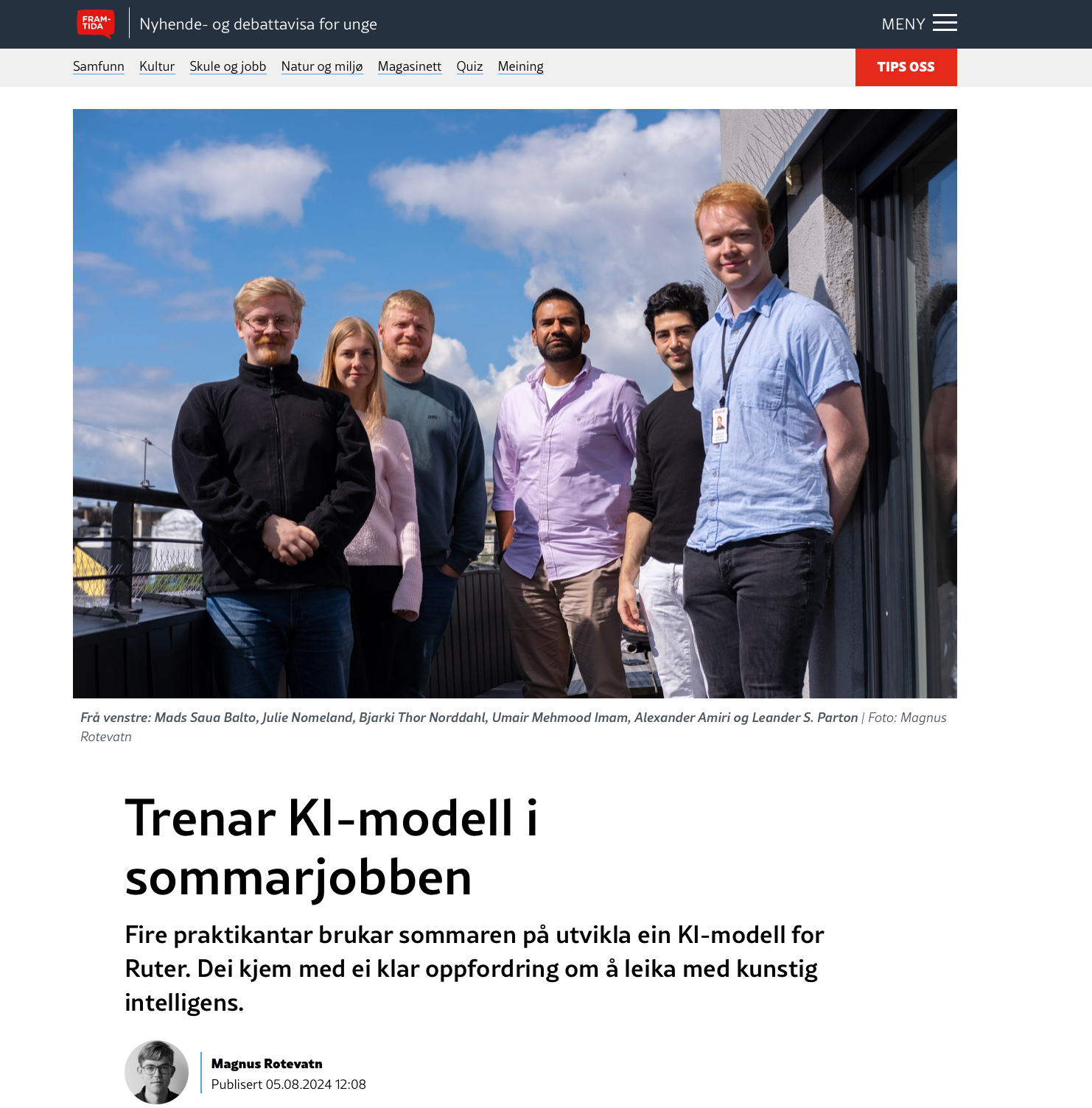
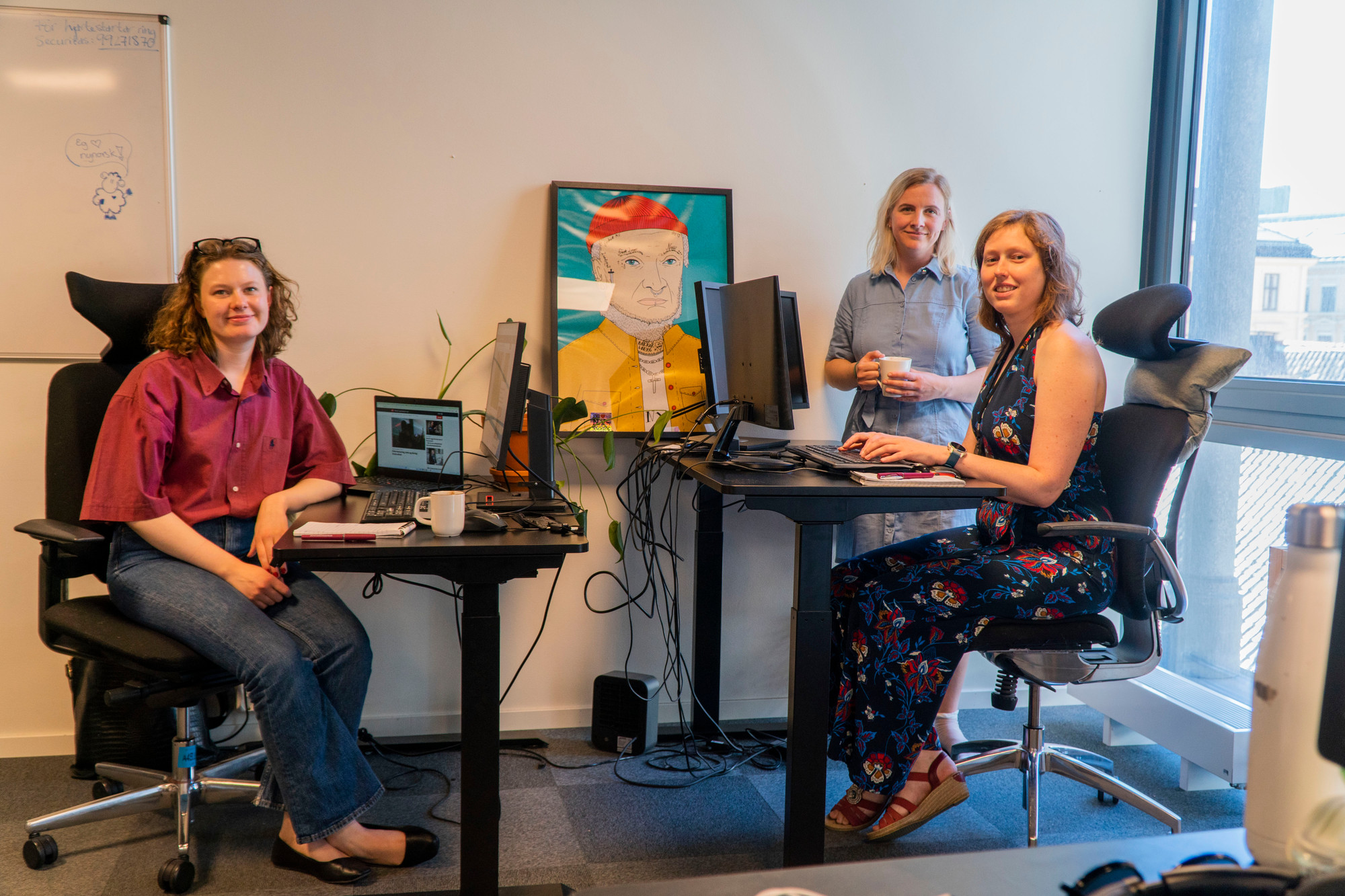
Successful applications for more than NOK 100 000 from the Norwegian Journalism scheme in June 2024:
See Norwegian version
